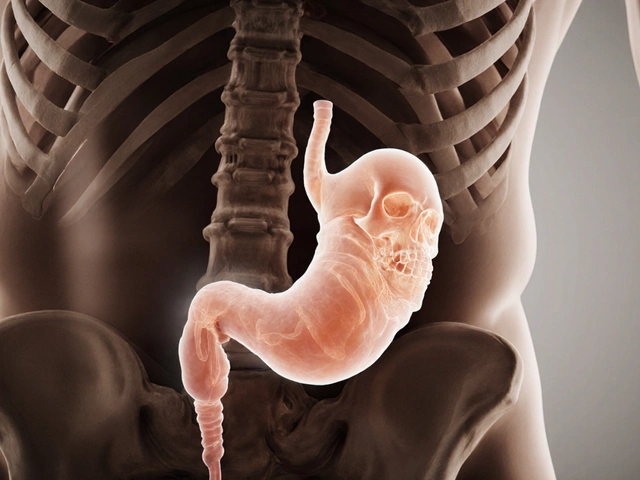Most Feared Cancer: What Makes Them Terrifying and How to Guard Yourself
When you hear the word “cancer,” a lot of fear pops up. Some types feel scarier than others because they grow fast, hide early, or cause intense pain. Understanding what drives that fear can help you spot warning signs early and take real steps to lower your risk.
Why Some Cancers Instill Fear
First off, speed matters. Cancers like pancreatic and glioblastoma can spread before you even notice a lump or a symptom. That rapid growth leaves little time for early treatment, which is why they rank high on the fear list.
Pain is another big factor. Certain therapies—like high‑dose chemotherapy or aggressive radiation—can be excruciating. Articles on our site, such as “Most Painful Cancer Treatments,” explain why some regimens hurt more than others and how patients cope.
Survival rates also play a role. When the odds of beating a disease are low, people naturally worry more. Lung, liver, and pancreatic cancers have some of the lowest five‑year survival numbers, so they often dominate headlines and conversations.
Lastly, public perception adds fuel. Media stories about celebrities battling rare, aggressive cancers amplify the fear factor, even when those cancers are uncommon. It’s easy to think the risk is higher than it really is.
Practical Steps to Reduce Risk
Knowing the scary parts is half the battle; the other half is taking action. Here are simple habits you can start today:
- Quit smoking. It’s the #1 cause of lung and many other cancers. Even cutting back can lower your risk dramatically.
- Stay active. Regular exercise helps regulate hormones and keeps your immune system sharp, lowering the chance of breast, colon, and prostate cancers.
- Eat a balanced diet. Load up on fruits, vegetables, whole grains, and lean proteins. Limit processed meats and sugary drinks—they’re linked to stomach and liver cancers.
- Get screened. Early detection saves lives. Talk to your doctor about mammograms, colonoscopies, and low‑dose CT scans if you have risk factors.
- Watch for red flags. Unexplained weight loss, persistent pain, changes in bowel habits, or a new lump deserve a medical check‑up right away.
Remember, you don’t have to become a health expert overnight. Small, consistent choices add up. If you’re worried because a family member had a “most feared” cancer, consider genetic counseling—knowing your predisposition can guide personalized screening plans.
Facing cancer fear isn’t about avoiding the topic; it’s about arming yourself with facts and actions. Browse our other articles like “Deadliest Types of Cancer” for deeper stats, or read “The Last 6 Months of Cancer” to understand what happens later on. Knowledge turns fear into preparedness, and preparedness leads to better outcomes.
So the next time a scary headline pops up, you’ll have a clear game plan: recognize the warning signs, adopt healthier habits, and stay on top of screenings. That’s how you turn the most feared cancers into a challenge you’re ready to meet.

Most Feared Cancer: What Makes Pancreatic Cancer So Deadly?
Pancreatic cancer stands out as the most feared cancer because of its aggressive nature and poor survival rates. This article explores why it strikes so much fear, what makes it especially deadly, and the challenges of diagnosing it early. Readers will get facts, symptom tips, and realistic advice about coping with risks and treatment options. By the end, you'll know what sets pancreatic cancer apart and how to watch for warning signs.

Strongest Drugs for Nerve Pain: What Really Works?
May, 22 2025



